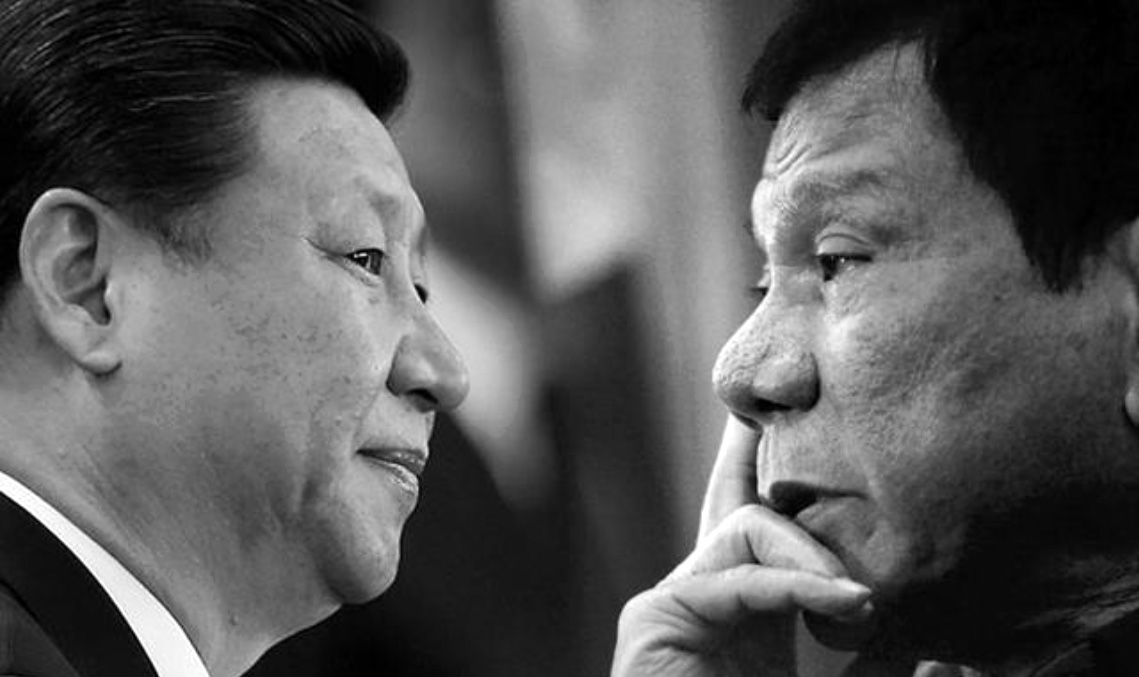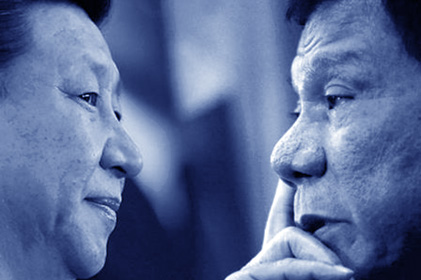By Rio Matro
As seen on the August 2019 issue of the Philippine Sentinel

He was apparently insisting that the contested area belongs to China, as indicated by their historical claim of “9 dash line.” The ‘warning’ was communicated by Xi directly to Philippine President Rodrigo Duterte.
“I told him [Jinping] I am going there to dig for oil,” but Jinping responded in whisper, ‘ask them. We just restored our friendship but let us not talk about it for now.’
“Let us instead talk about helping each other ━ bilateral trade, commerce, investments, ━ China can help,” added the Chinese President. But Duterte insisted: “I want my oil. That is ours.” That was how it all started, Duterte told media during an ambush interview at Senator-elect Christopher “Bong” Go’s oath-taking at the Malacañang Palace.
But Xi Jinping retorted: “That would mean trouble.” According to Duterte, Xi’s statement was a clear warning. It could mean war with the mighty Chinese.
Twenty-two Filipino fishermen were left at sea by the Chinese crew after sinking their boat. They were later rescued by a Vietnamese vessel. An investigation is underway to determine whether the ramming was intentional.
Duterte has downplayed the incident as “a mere maritime accident” as he sought to avoid confrontation with Beijing. His statement prompted outrage from critics who want Manila to stand up to Chinese aggression.
Duterte was also asked if the Philippines should bar China from fishing in the country’s exclusive economic zone. The President replied that Beijing and Manila are “friends” and that there should not be any “bloody conclusion.”
Presidential spokesman Salvador Panelo, later said the government would “tolerate” China’s fishermen in the EEZ, where Manila has exclusive rights to resources, based on a 2016 ruling of a United Nations-backed court. Ω
